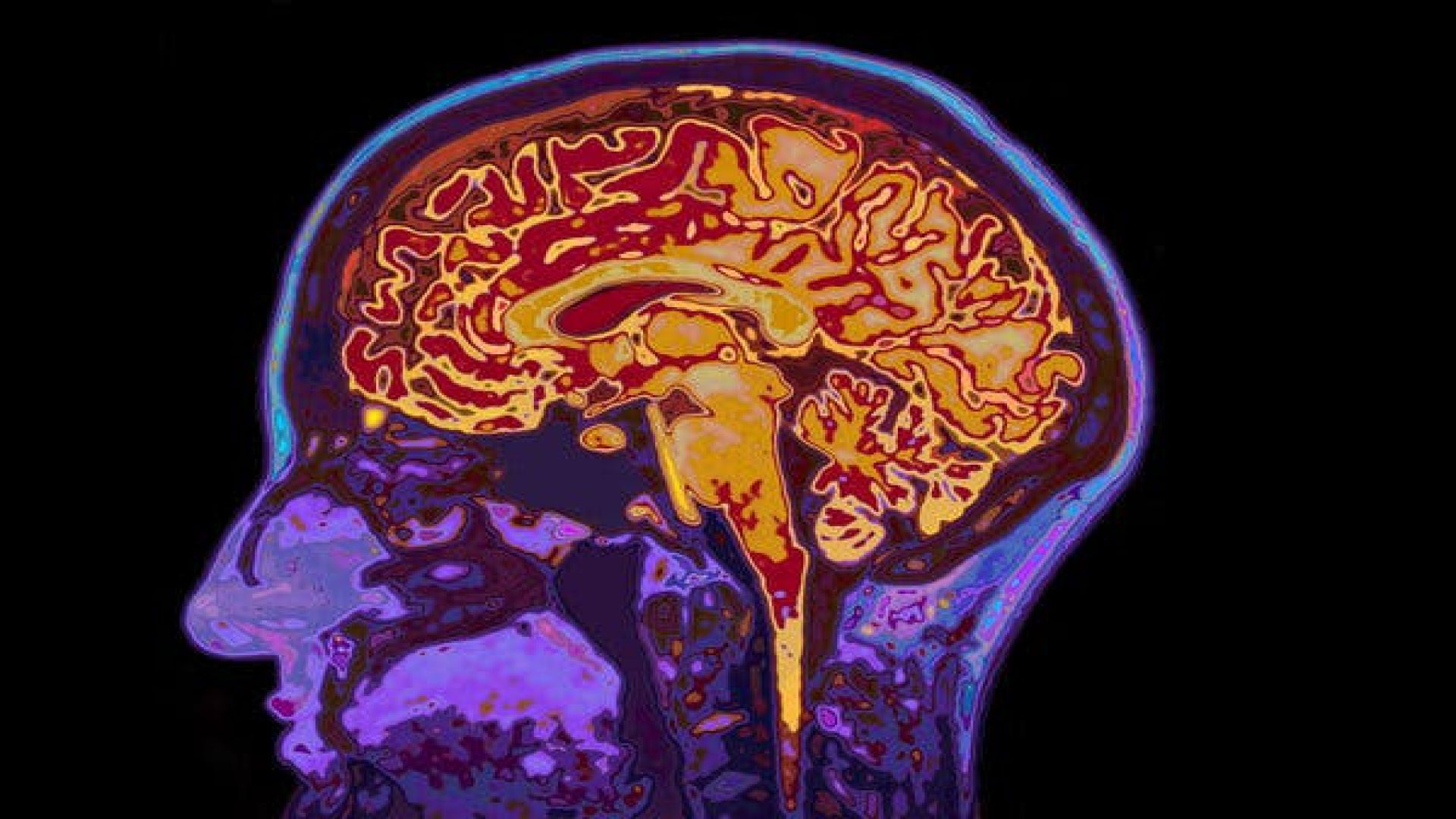In an increasingly globalized world, the ability to speak multiple languages is very valuable and may have more neurological benefits than initially apparent, according to a new Washington Post article from Jaya Padmanabhan. Padmanabhan writes about a new study from Germany which suggests that bilingualism may improve memory in later life. The study found that those who reported using two languages daily from a young age scored higher on tests of learning, memory, language, and self-control than those who spoke only one language. Researchers tested 746 people aged 59 to 76, and found that those who reported using two languages daily from a young age scored higher on tests of learning, memory, language, and self-control than patients who spoke only one language. Neuroscientists suggest that because bilingual people switch fluidly between two languages, they may be able to deploy similar strategies in other skills, which may help delay dementia later on. However, the study only focused on one aspect of bilingualism: using two languages every day for long periods of time, and it's important to consider the broader benefits of bilingualism, including being able to communicate with two cultures and two ways of seeing the world. This adds to previous research suggesting that bilingualism may protect against dementia and cognitive decline in older people. While some studies have shown a clear benefit, others have not. As a result, it is integral that we continue to research this very important subject.
Link:https://www.nytimes.com/2023/04/28/health/bilingualism-memory-dementia.html
